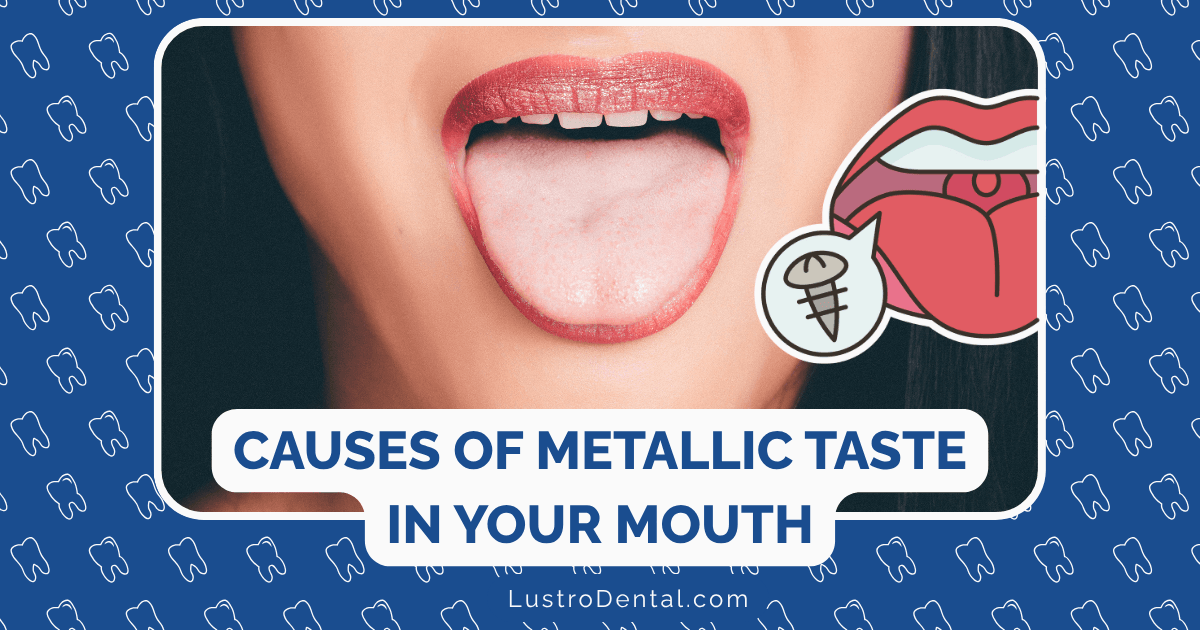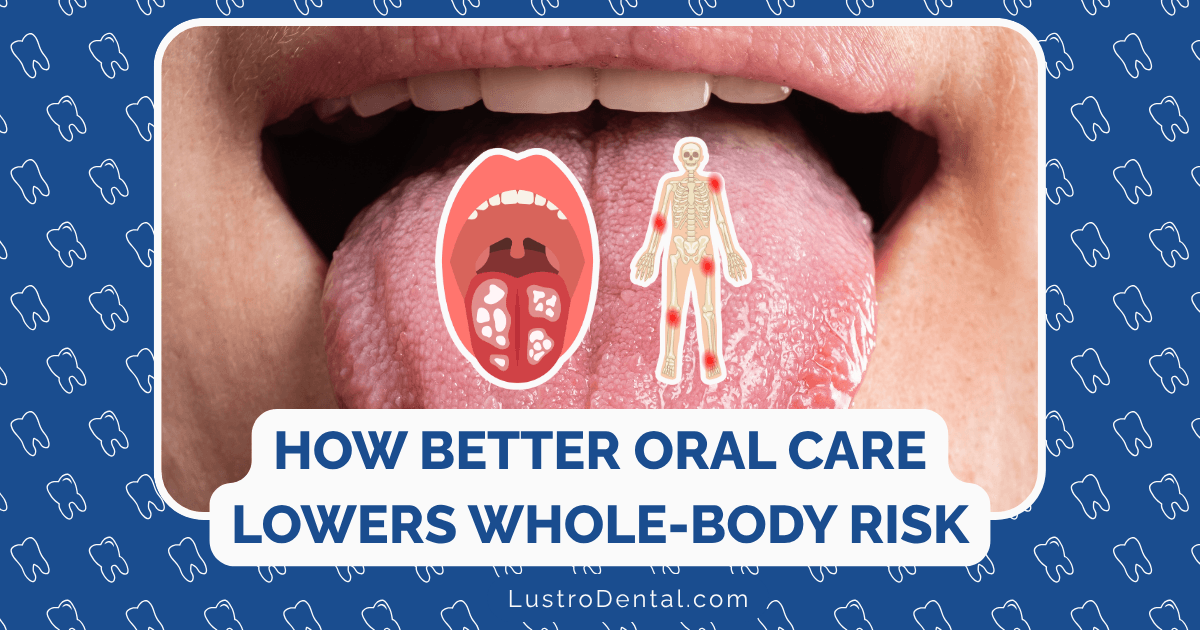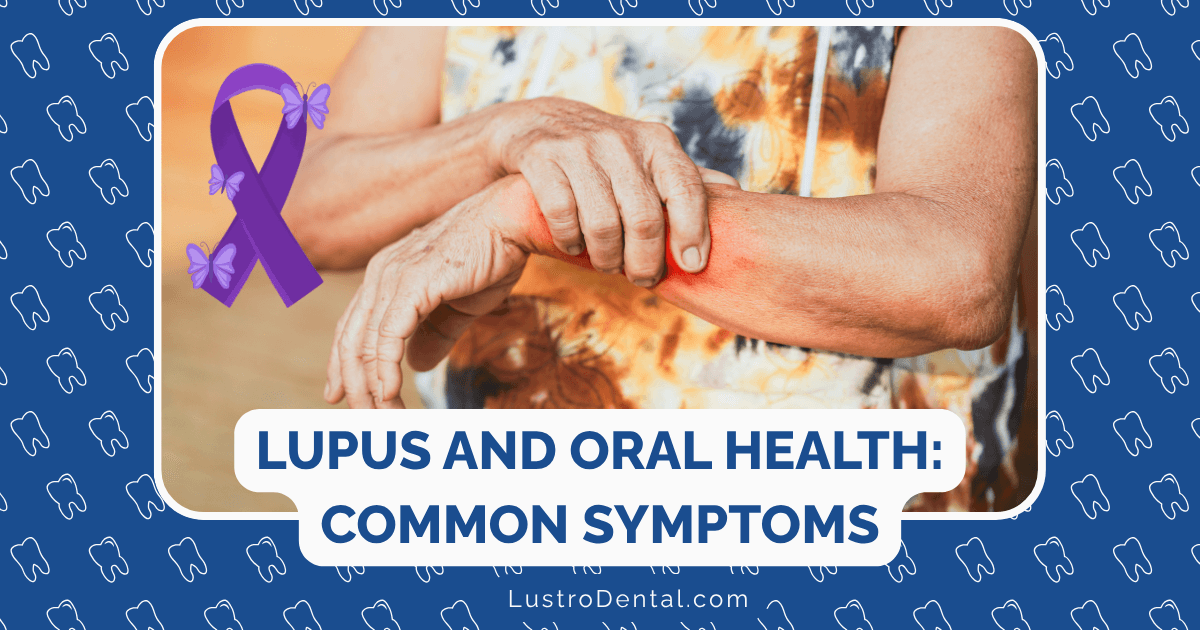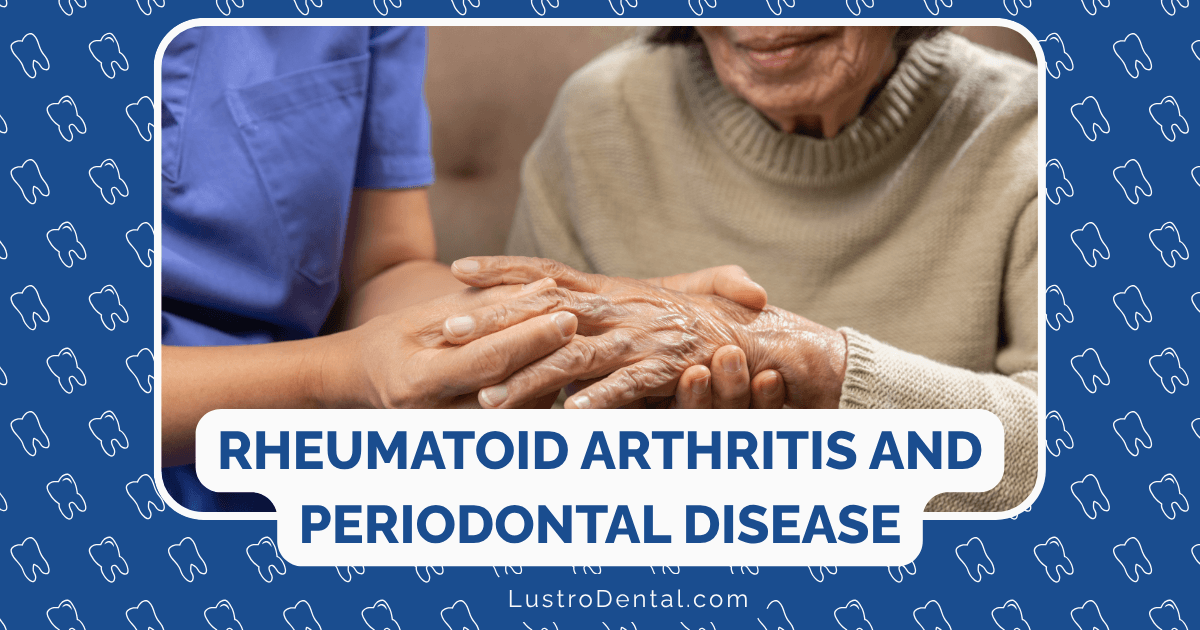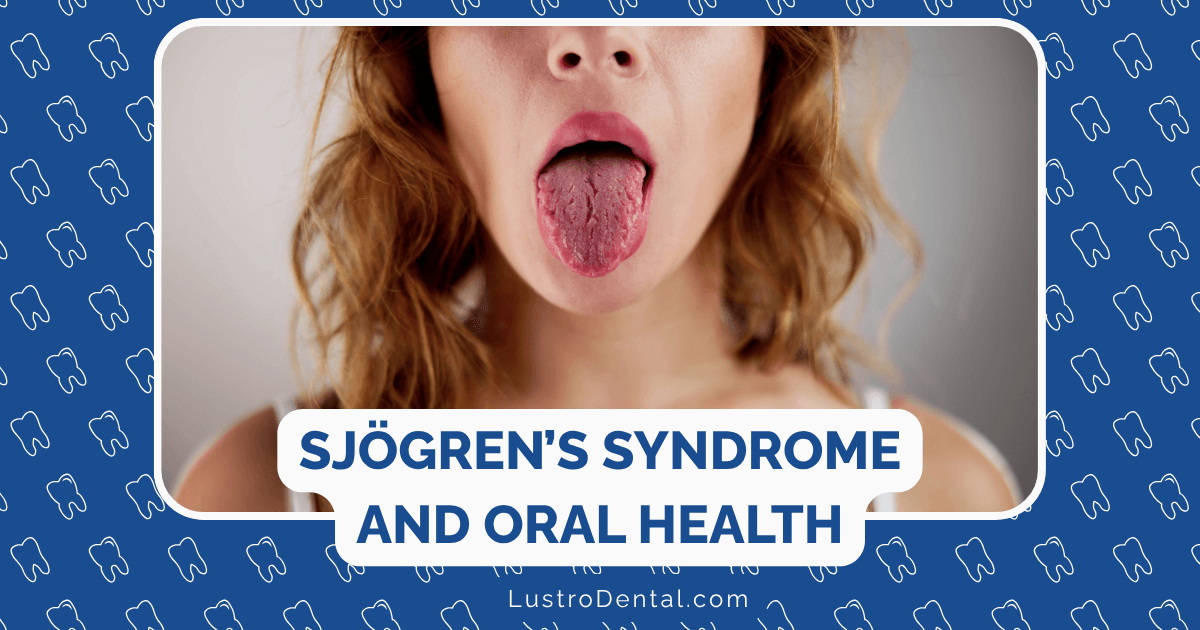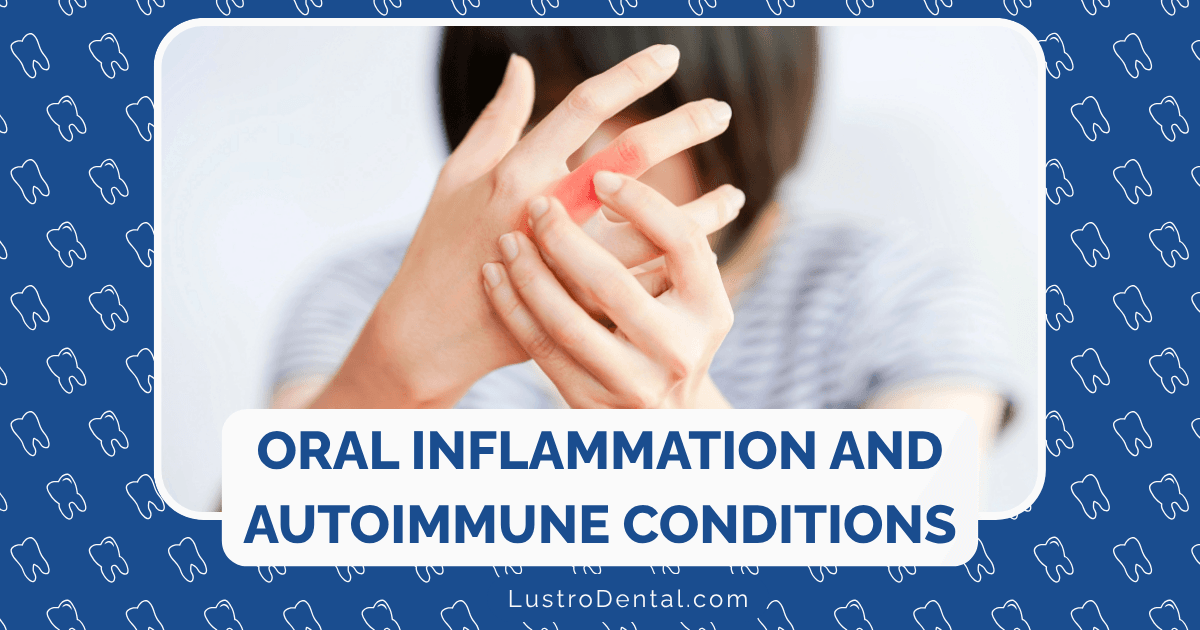Oral Bacteria and Alzheimer’s: The Emerging Research
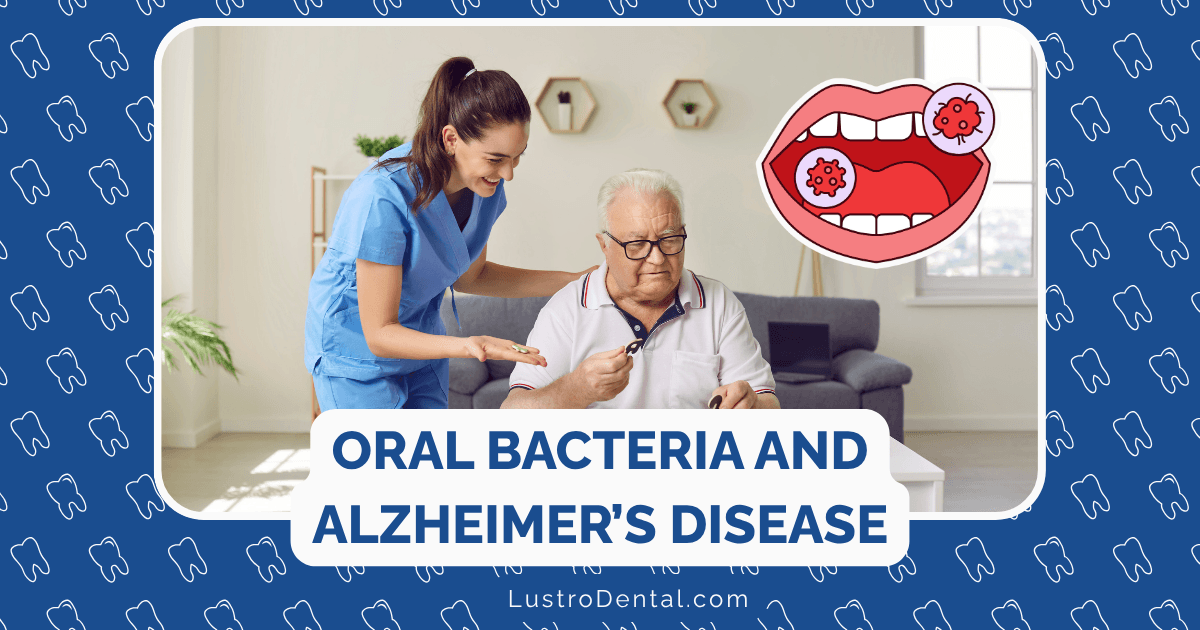
For decades, we’ve understood that oral health impacts far more than just our teeth and gums. The mouth-body connection has been established in relation to heart disease, diabetes, and pregnancy complications. But perhaps one of the most fascinating—and potentially groundbreaking—areas of research involves the relationship between oral bacteria and neurodegenerative conditions, particularly Alzheimer’s disease.
As a dental health advocate who has followed this research closely, I find the emerging evidence both compelling and concerning. Could the bacteria in our mouths be silently influencing our brain health? Let’s explore what the latest science reveals about this intriguing connection.
The Oral Microbiome: A Gateway to the Brain
Our mouths host a complex ecosystem of over 700 bacterial species. This oral microbiome plays essential roles in digestion, immune function, and protection against pathogens. However, when this delicate balance is disrupted—particularly through poor oral hygiene and periodontal disease—certain bacteria may become problematic beyond the oral cavity.
The Blood-Brain Barrier Challenge
One of the most remarkable aspects of this research involves how oral bacteria might access the brain—an organ protected by the blood-brain barrier (BBB), a highly selective membrane that shields our central nervous system from potentially harmful substances in the bloodstream.
Recent research published in Frontiers in Immunology demonstrates that certain oral bacteria, particularly Porphyromonas gingivalis (P. gingivalis)—the primary bacterium associated with advanced gum disease—can compromise this barrier through several mechanisms:
- Transcytosis – bacteria are transported through the cells of the BBB
- Disruption of tight junctions – bacteria damage the connections between cells, creating openings in the barrier
- Inflammatory responses – bacterial components trigger inflammation that increases BBB permeability
Dr. Sarah Chen, a neuroinflammation researcher at Columbia University, explains: “The blood-brain barrier is not the impenetrable shield we once thought. Certain pathogens, including those from the oral cavity, have evolved sophisticated mechanisms to breach this defense, potentially setting the stage for neurological damage.”
The Bacterial Culprit: Porphyromonas gingivalis
While several oral bacteria have been implicated in neurodegeneration, P. gingivalis has emerged as the primary suspect. This gram-negative bacterium is found in approximately 85.75% of subgingival plaque samples from patients with chronic periodontitis, according to a 2025 study published in MDPI Life.
Gingipains: The Bacterial Weapons
What makes P. gingivalis particularly concerning are its unique virulence factors called gingipains—proteolytic enzymes that essentially act as molecular scissors, cutting up proteins in human tissue. A groundbreaking study published in Science Advances identified these gingipains in the brains of Alzheimer’s patients, with levels correlating with two hallmarks of Alzheimer’s pathology: tau tangles and ubiquitin.
These gingipains come in three main types:
- Arginine-specific gingipain A (RgpA)
- Arginine-specific gingipain B (RgpB)
- Lysine-specific gingipain (Kgp)
Each plays different roles in bacterial survival and tissue destruction. In the context of Alzheimer’s disease, these enzymes appear capable of damaging critical neuronal components.
The Alzheimer’s Connection: Multiple Pathways
The relationship between oral bacteria and Alzheimer’s disease appears to involve several interconnected mechanisms:
1. Direct Bacterial Invasion
Perhaps most surprisingly, researchers have detected P. gingivalis DNA in the cerebrospinal fluid of Alzheimer’s patients and in brain tissue samples. A 2025 study from the National Center for Biotechnology Information found that in a pilot study, P. gingivalis DNA was detected in the cerebrospinal fluid of 7 out of 10 clinically diagnosed Alzheimer’s patients.
This suggests that the bacteria themselves—not just inflammatory byproducts—can reach the brain and potentially contribute to disease progression.
2. Amyloid Beta Production
Amyloid beta plaques are a hallmark of Alzheimer’s disease. Research published in the Journal of Alzheimer’s Disease demonstrated that oral infection with P. gingivalis in mice led to brain colonization and increased production of Aβ1-42, a component of amyloid plaques.
Dr. Michael Rodriguez, a neuroscientist at the University of California, explains: “We’ve long debated whether amyloid is a cause or consequence of Alzheimer’s. This research suggests it may be, in part, a protective response to bacterial invasion—essentially, the brain attempting to trap and contain the pathogen.”
3. Tau Protein Disruption
Healthy neurons depend on a protein called tau to maintain their structure and function. In Alzheimer’s disease, tau becomes hyperphosphorylated and forms neurofibrillary tangles, leading to neuronal death.
Research from the University of Exeter found that gingipains can cleave tau proteins, potentially initiating the cascade that leads to tangle formation and neuronal dysfunction.
4. Chronic Neuroinflammation
Perhaps the most well-established connection involves inflammation. Periodontal disease triggers a systemic inflammatory response that can affect distant organs, including the brain.
A 2025 study published in Nature Communications found that individuals with lower cognitive function had higher levels of pro-inflammatory oral bacteria and lower levels of protective bacteria. This altered bacterial balance correlated with increased inflammatory markers relevant to Alzheimer’s disease.
Beyond P. gingivalis: The Broader Oral Microbiome
While P. gingivalis has received the most attention, recent research suggests that the entire oral microbiome—not just a single species—may influence cognitive health.
Beneficial vs. Harmful Bacteria
A fascinating study from the University of Exeter published in PNAS Nexus in February 2025 found that certain oral bacteria were associated with better cognitive function:
- Neisseria and Haemophilus bacteria were linked to better memory, attention, and complex task performance
- Porphyromonas bacteria were more common in individuals with memory problems
- Prevotella bacteria were linked to low nitrite levels and were more prevalent in people carrying the Alzheimer’s disease risk gene, APOE4
This suggests that the balance of oral bacteria—not just the presence of harmful species—may be crucial for brain health.
The Nitric Oxide Connection
One intriguing mechanism involves nitric oxide, a molecule important for blood vessel health and cognitive function. Some oral bacteria convert dietary nitrates (found in leafy greens and beets) into nitrites, which the body then converts to nitric oxide.
The Exeter study found that individuals with higher levels of beneficial bacteria had higher nitrite levels in their mouths, potentially supporting better brain function through improved blood flow and reduced inflammation.
Risk Factors and Vulnerable Populations
Not everyone with periodontal disease will develop Alzheimer’s, and not all Alzheimer’s cases involve oral bacteria. Several factors appear to influence susceptibility:
Genetic Factors
The APOE4 gene variant, which increases Alzheimer’s risk, may also influence how oral bacteria affect the brain. Research from Medical News Today found that individuals with this gene variant had higher levels of certain problematic bacteria, suggesting a potential interaction between genetics and the oral microbiome.
Duration of Periodontal Disease
According to the Institute for Functional Medicine, chronic periodontal disease lasting 10 years or longer increases the risk of Alzheimer’s disease twofold. This suggests that the duration of exposure to oral pathogens may be a critical factor.
Age and Immune Function
As we age, our immune system becomes less efficient at controlling infections and resolving inflammation. This may explain why the link between periodontal disease and cognitive decline appears stronger in older adults.
A study from Columbia University College of Dental Medicine found that approximately 70.1% of adults over 65 have periodontal disease, making this a significant public health concern for our aging population.
Preventive Strategies: Protecting Your Brain Through Oral Health
If oral bacteria contribute to Alzheimer’s risk, could improving oral health help prevent cognitive decline? While more research is needed, several promising approaches are emerging:
1. Enhanced Oral Hygiene Practices
Basic oral hygiene remains the foundation of prevention:
- Brushing twice daily with fluoride toothpaste
- Flossing or using interdental brushes daily
- Using antimicrobial mouthwash when recommended
- Regular professional dental cleanings
Dr. Jennifer Lee, a periodontist specializing in systemic health connections, emphasizes: “The bacteria implicated in cognitive decline thrive in the spaces between teeth and below the gumline—areas that brushing alone can’t reach. Interdental cleaning is absolutely essential.”
2. Dietary Approaches
Emerging research suggests that diet may influence the oral microbiome in ways that affect brain health:
- Mediterranean and DASH diets rich in nitrate-containing vegetables support beneficial oral bacteria
- Limiting refined carbohydrates and sugars reduces fuel for harmful bacteria
- Polyphenol-rich foods (berries, green tea, dark chocolate) may help balance the oral microbiome
3. Oral Probiotics
Research from the Institute for Functional Medicine suggests that oral probiotics may help maintain microbial balance in the mouth and reduce plaque accumulation. Strains like Streptococcus salivarius K12 and M18 have shown promise in supporting oral health.
4. Targeted Anti-Gingipain Therapies
Perhaps the most exciting development involves small-molecule inhibitors specifically targeting gingipains. In animal studies, these compounds reduced bacterial load in the brain, blocked amyloid beta production, reduced neuroinflammation, and rescued neurons in the hippocampus—a brain region critical for memory.
While these therapies are still experimental, they represent a potential new approach to treating or preventing Alzheimer’s disease by targeting its bacterial triggers rather than just addressing symptoms.
The Bigger Picture: Oral Health as Brain Health
The emerging connection between oral bacteria and Alzheimer’s disease reinforces a fundamental truth: oral health is not separate from overall health. It is an integral component of our wellbeing that influences—and is influenced by—multiple body systems.
Dr. Robert Chen, a neurologist at the Mayo Clinic, frames it this way: “We’re moving away from viewing Alzheimer’s as solely a brain disease and beginning to understand it as a complex condition with multiple contributors—including, potentially, the oral microbiome. This shift opens new avenues for prevention and treatment.”
For dental professionals, this research underscores the importance of viewing oral care through the lens of whole-body health. For patients, it provides yet another compelling reason to prioritize oral hygiene and regular dental care.
Conclusion: A Call for Integrated Care
As research into the oral bacteria-Alzheimer’s connection continues to evolve, one thing becomes increasingly clear: addressing complex health challenges requires collaboration across medical disciplines.
The most promising approach involves integrating dental care into overall healthcare strategies—particularly for aging populations and those with genetic risk factors for Alzheimer’s disease. By breaking down the artificial barriers between oral and systemic health, we may discover new opportunities to prevent or mitigate neurodegenerative conditions.
While we await definitive clinical trials, the existing evidence suggests that maintaining excellent oral health throughout life may be one of the most accessible ways to support brain health and potentially reduce Alzheimer’s risk. It’s a compelling reminder that something as simple as caring for our teeth and gums might have profound implications for our cognitive future.
Have you experienced changes in your oral health as you’ve aged? Are you concerned about the connection between oral bacteria and brain health? Share your thoughts in the comments below.


